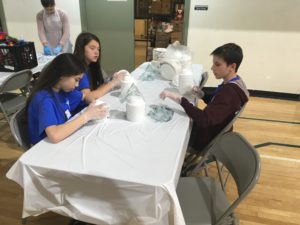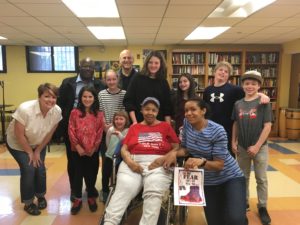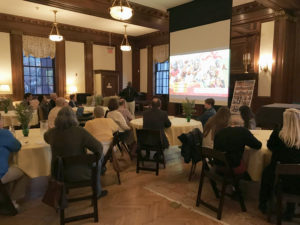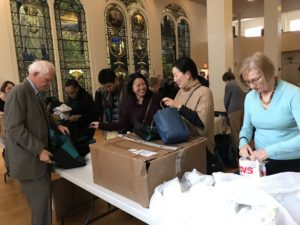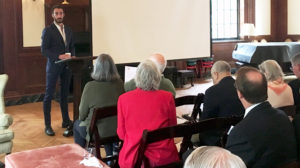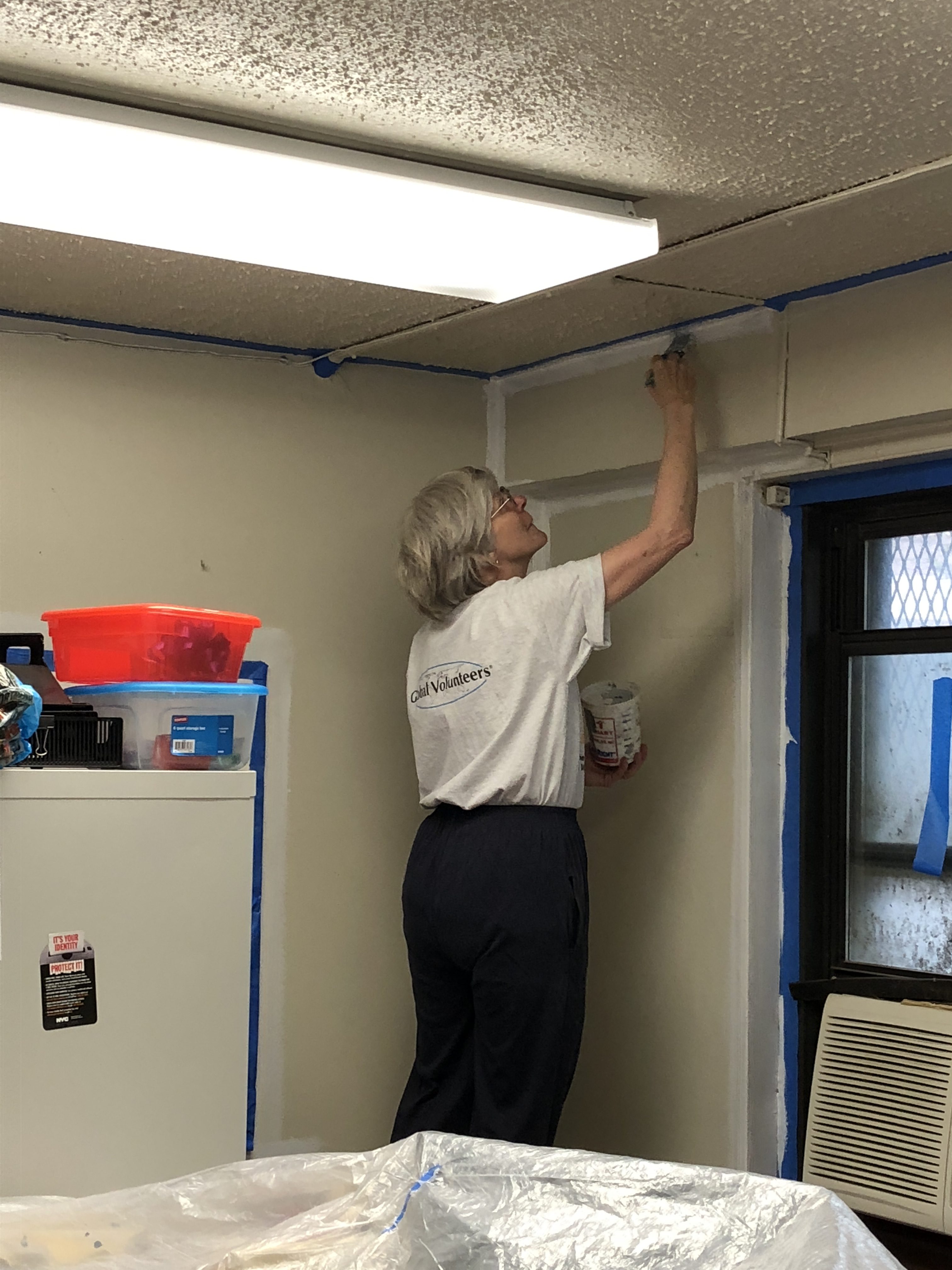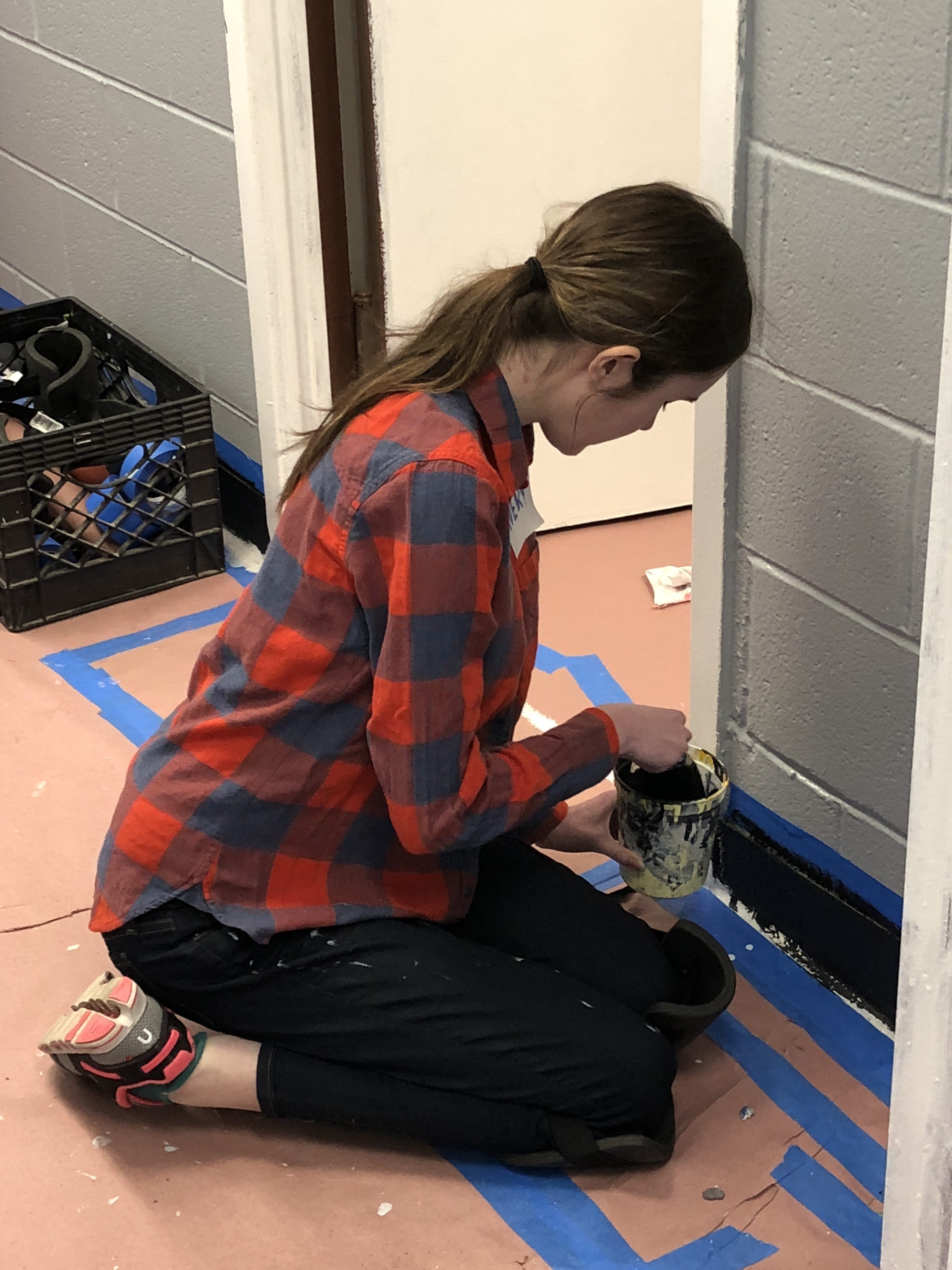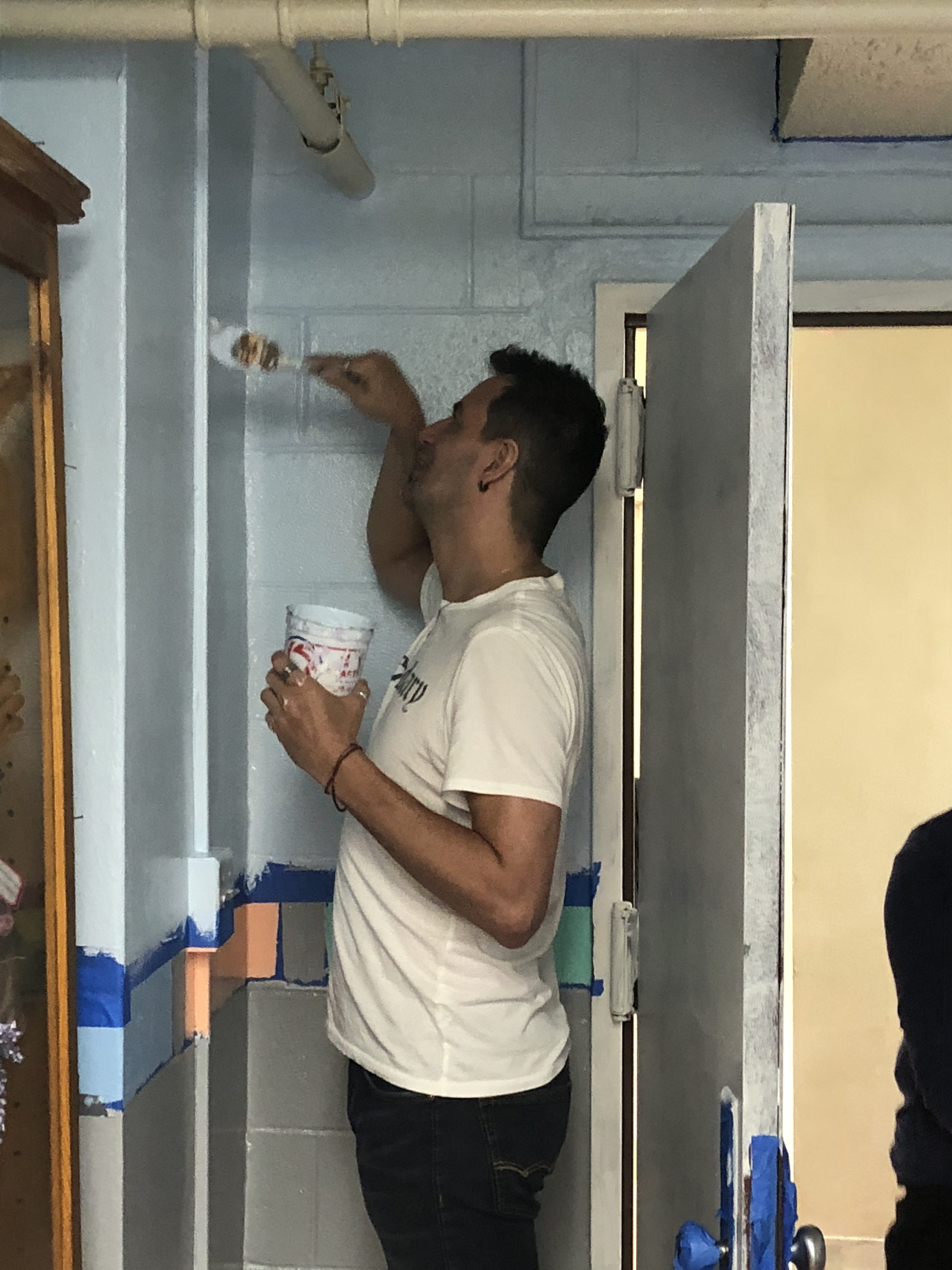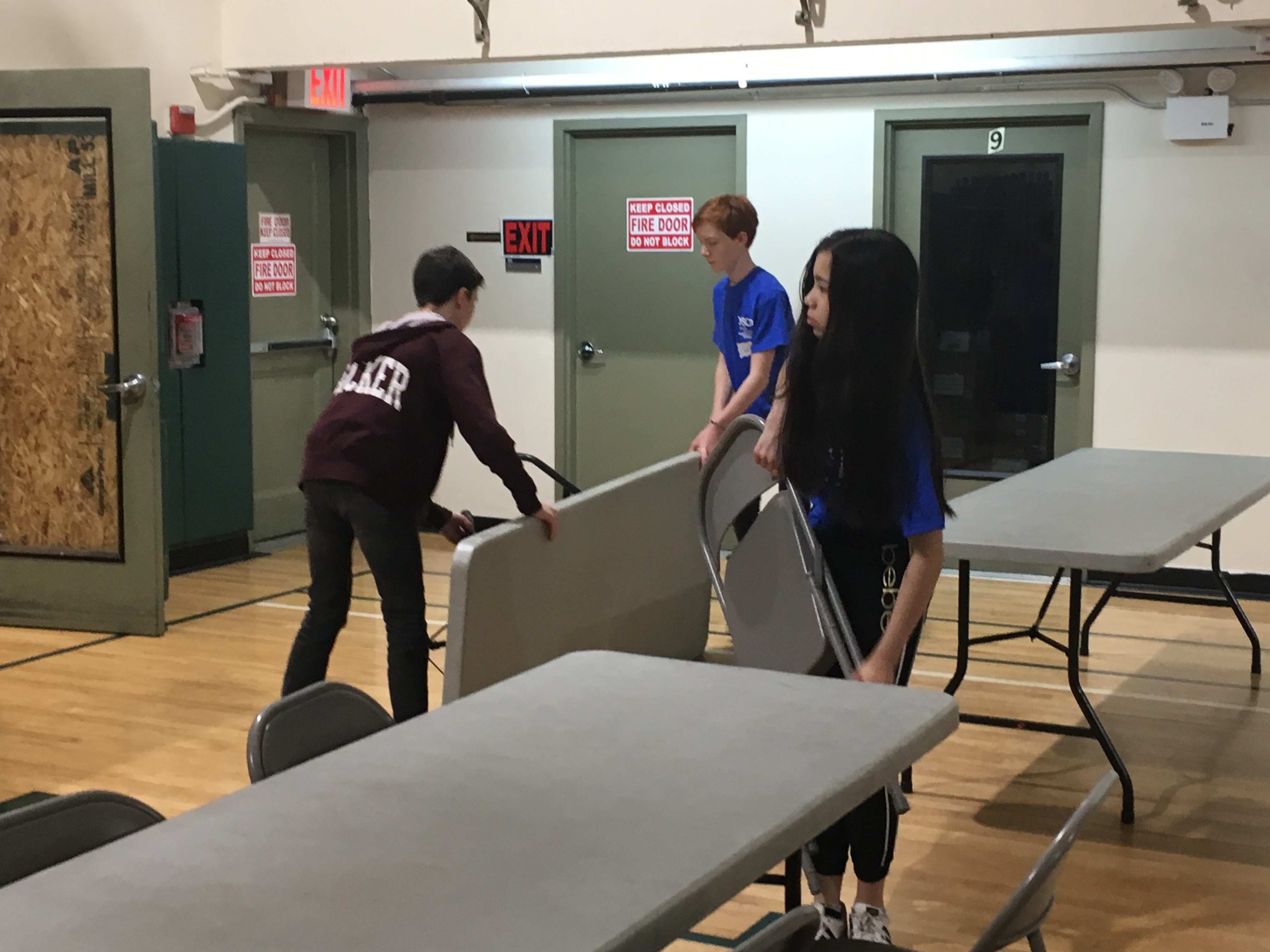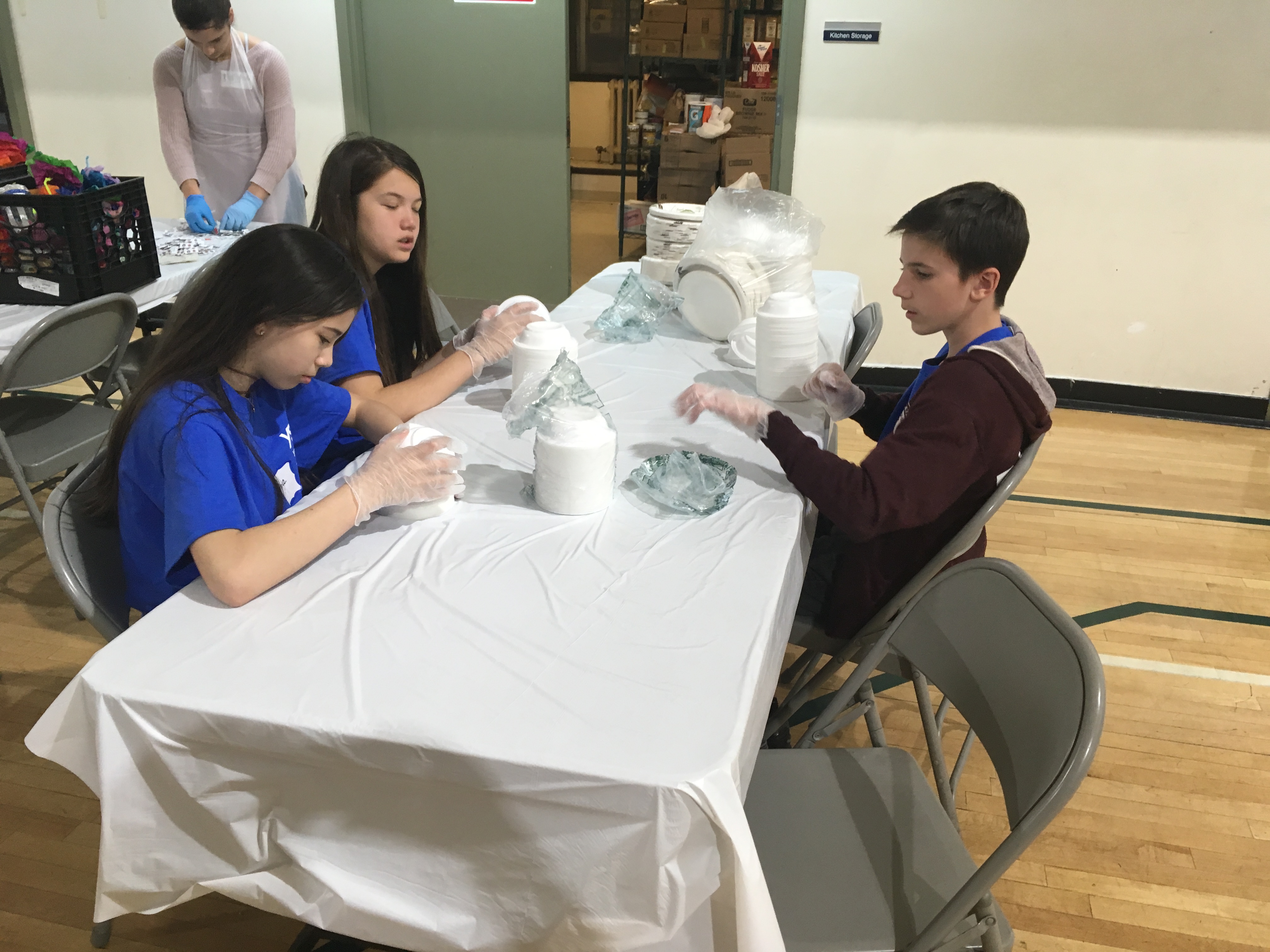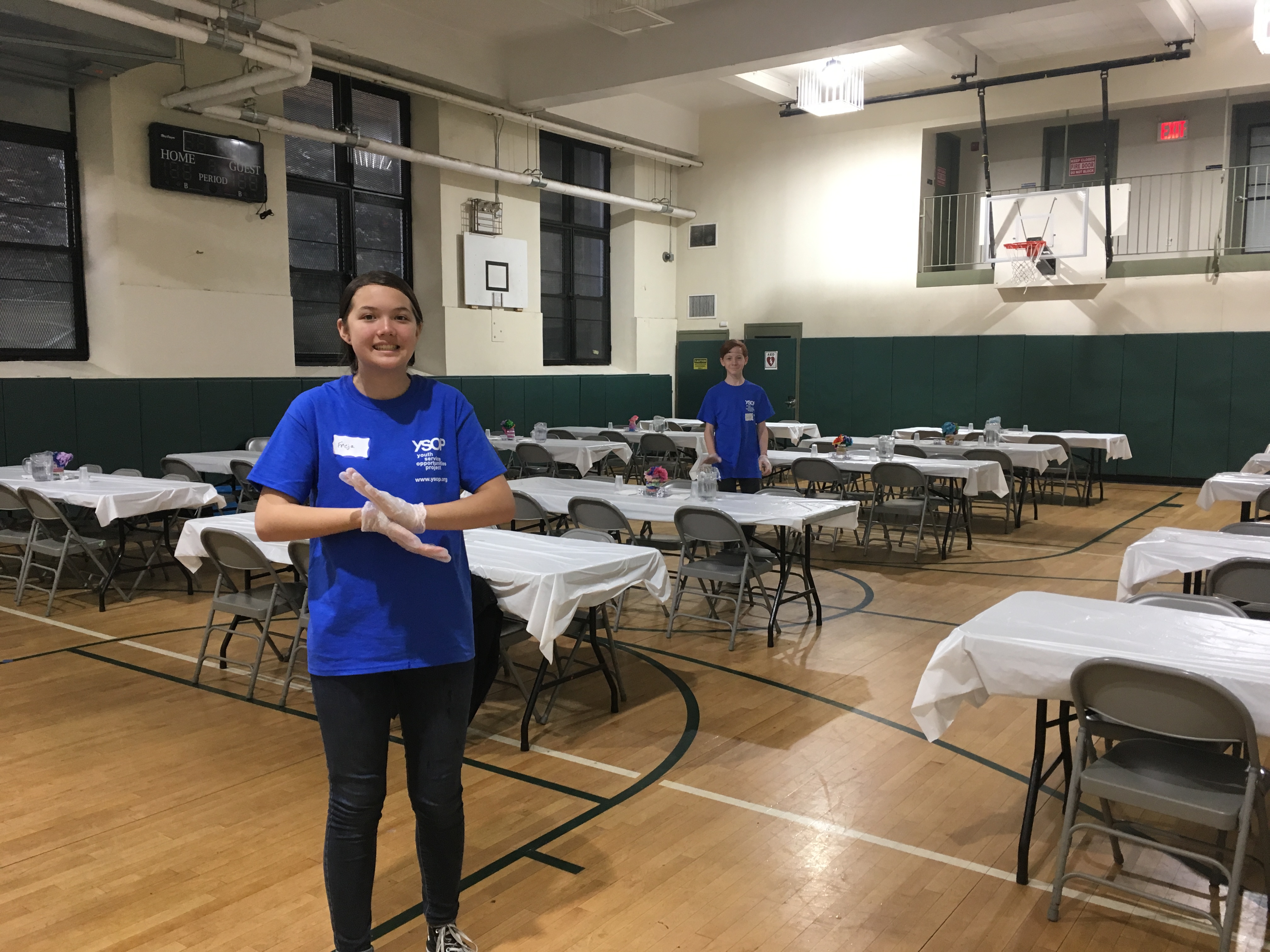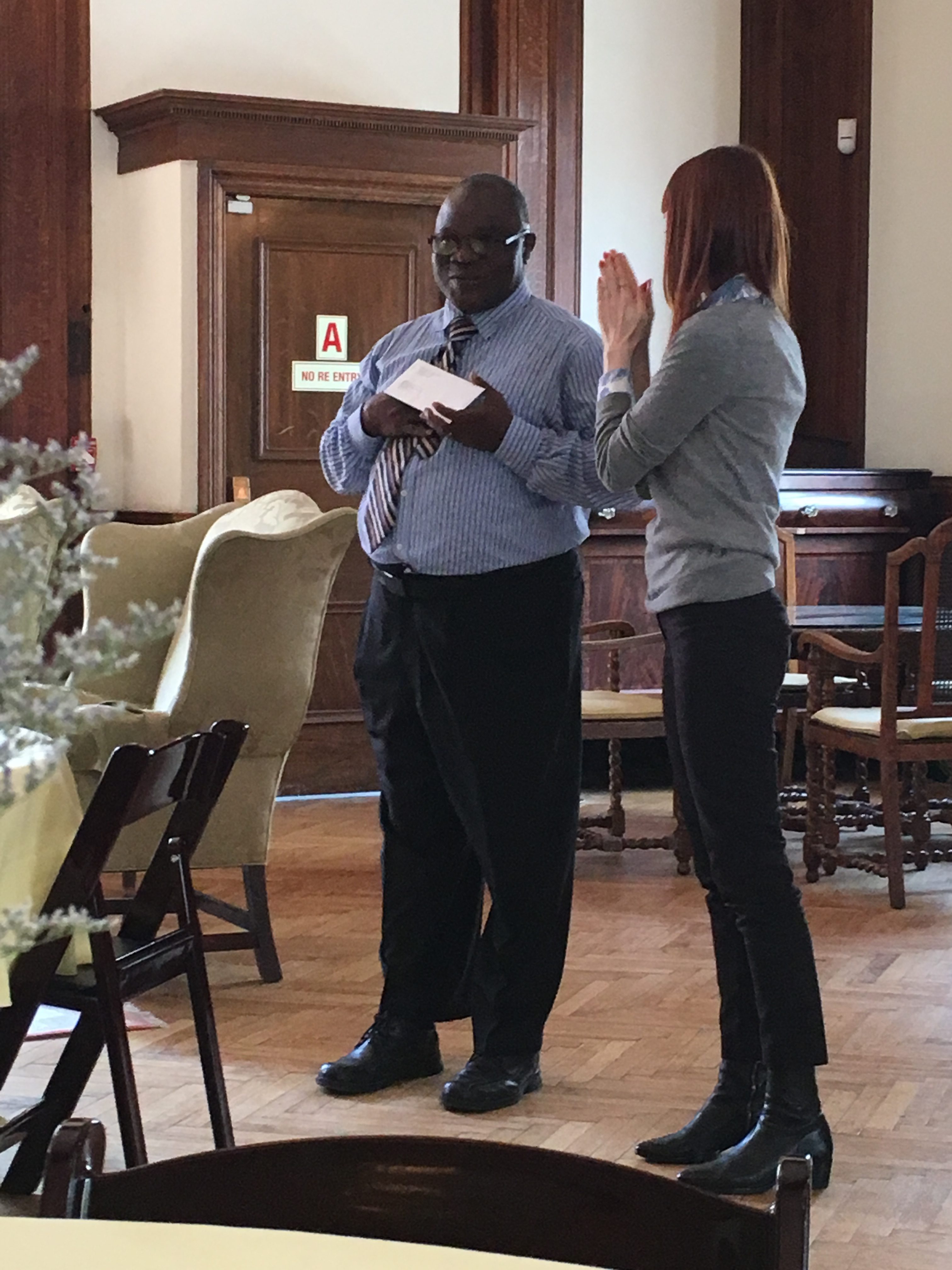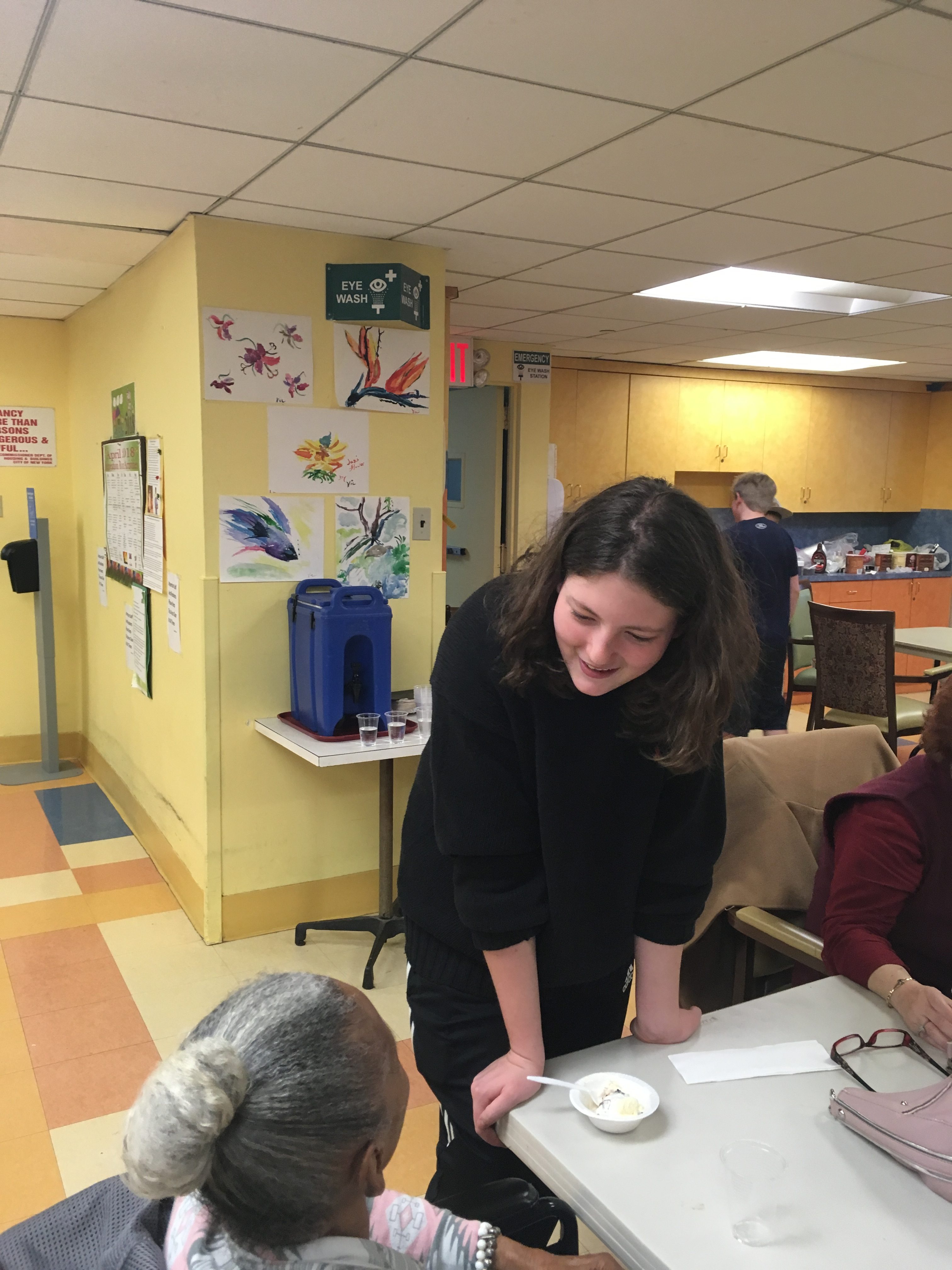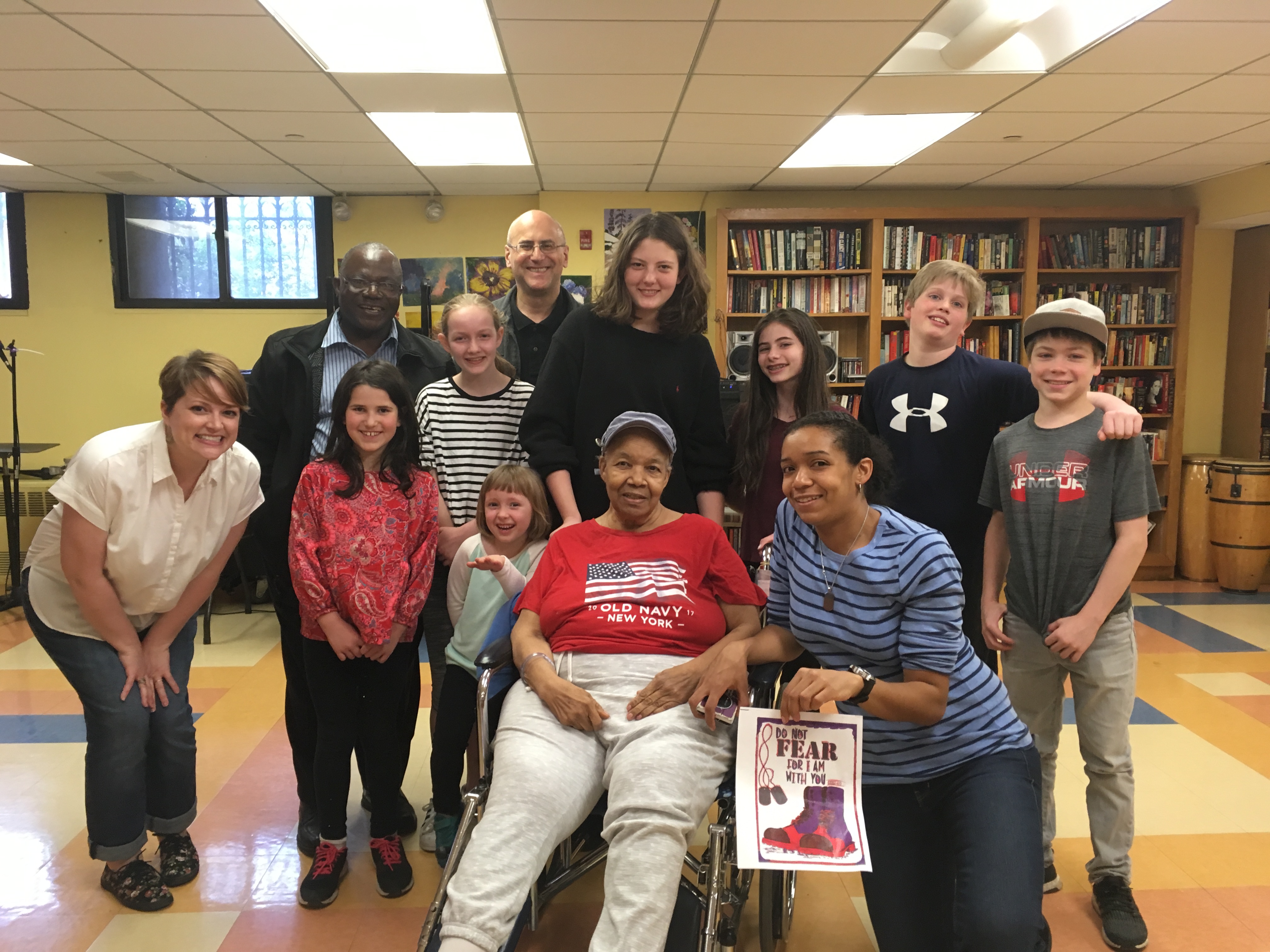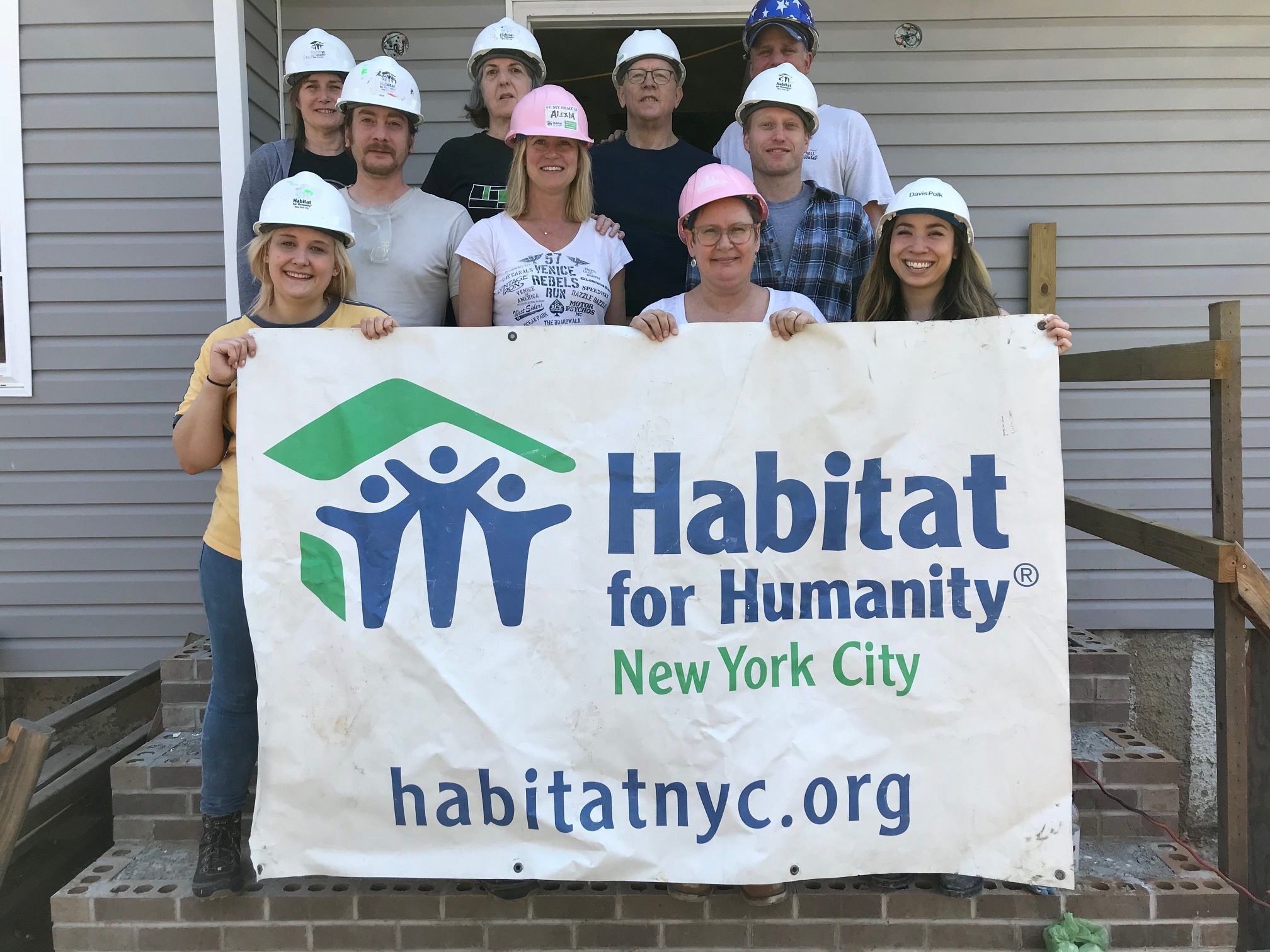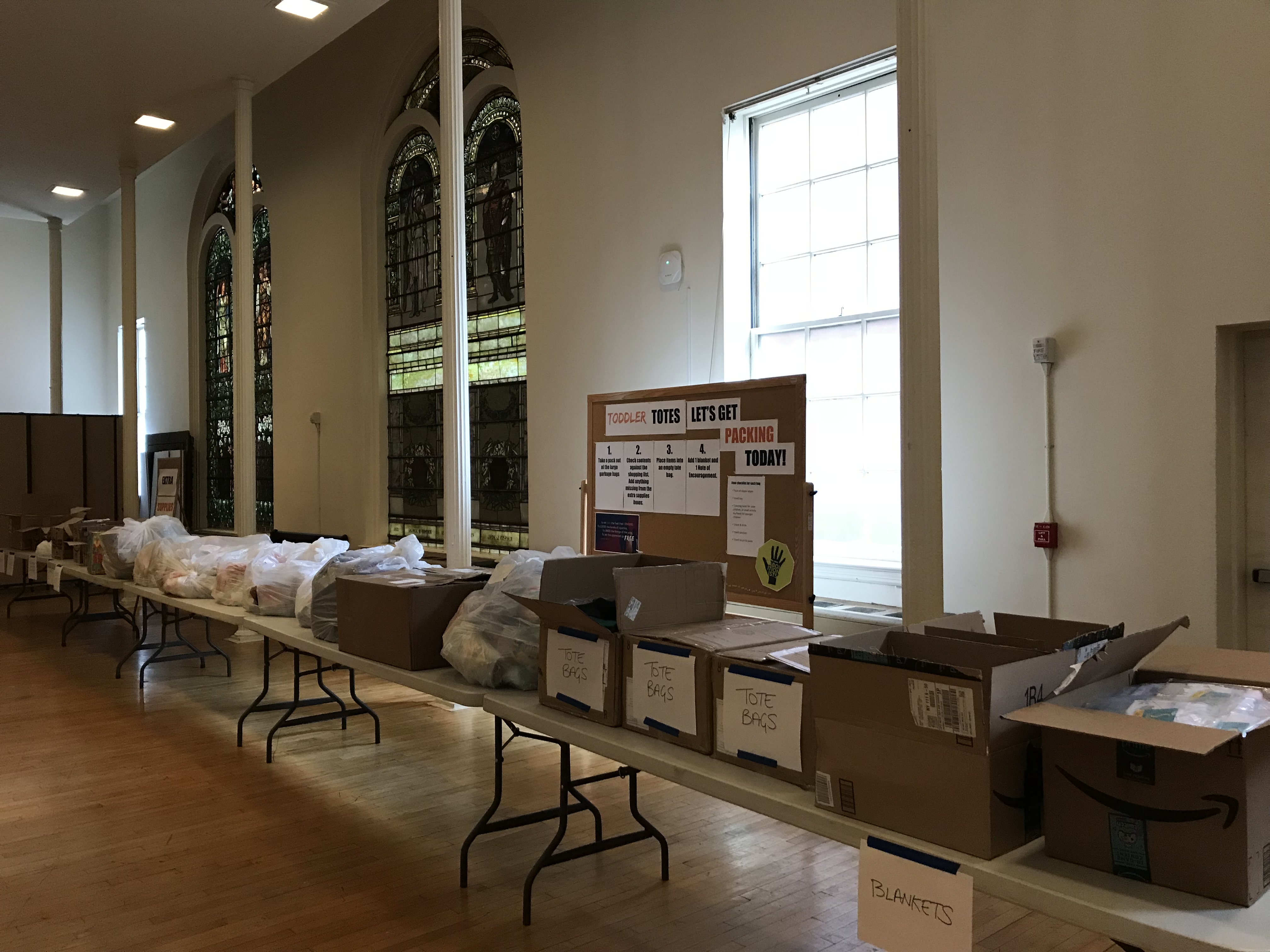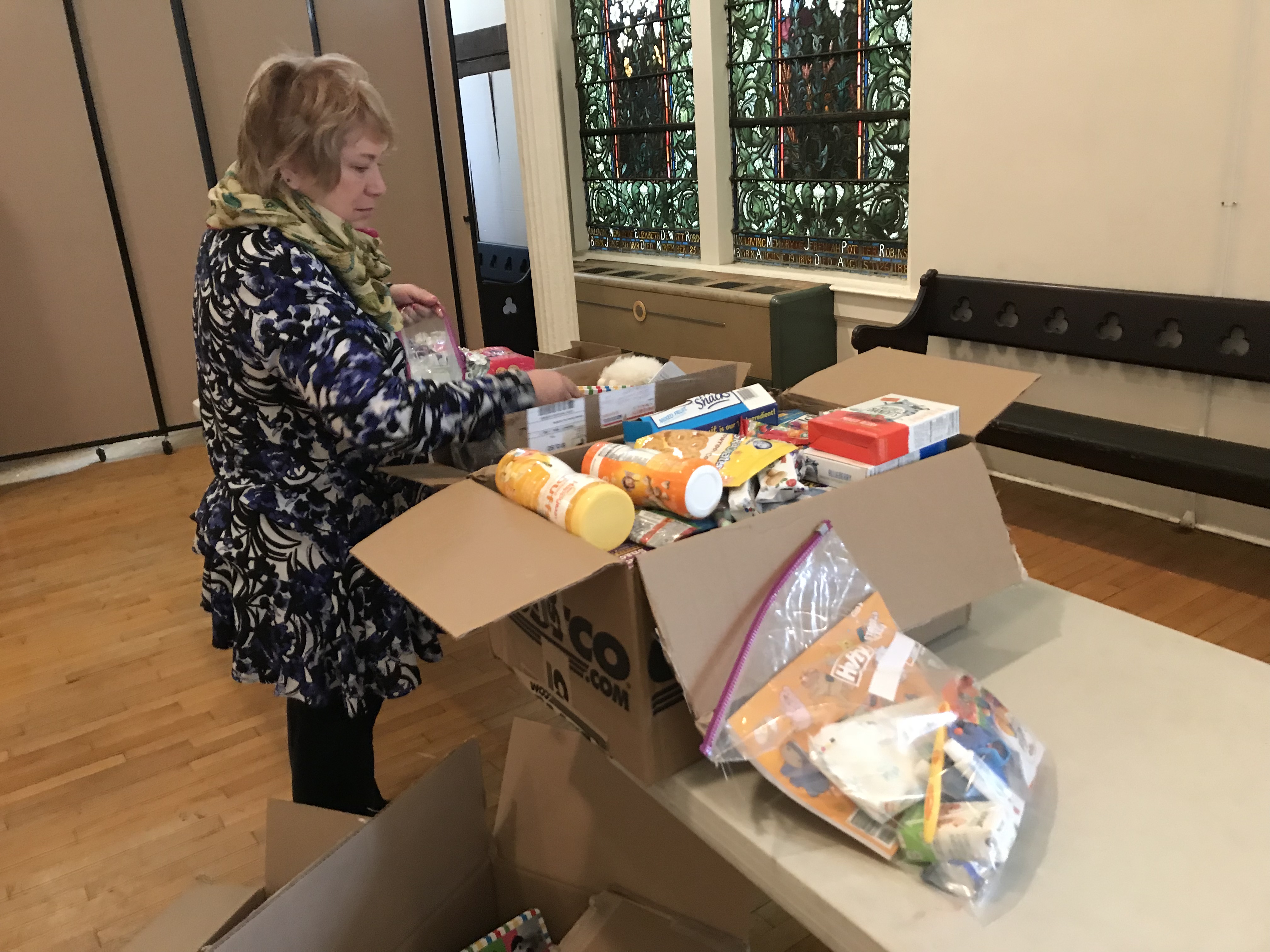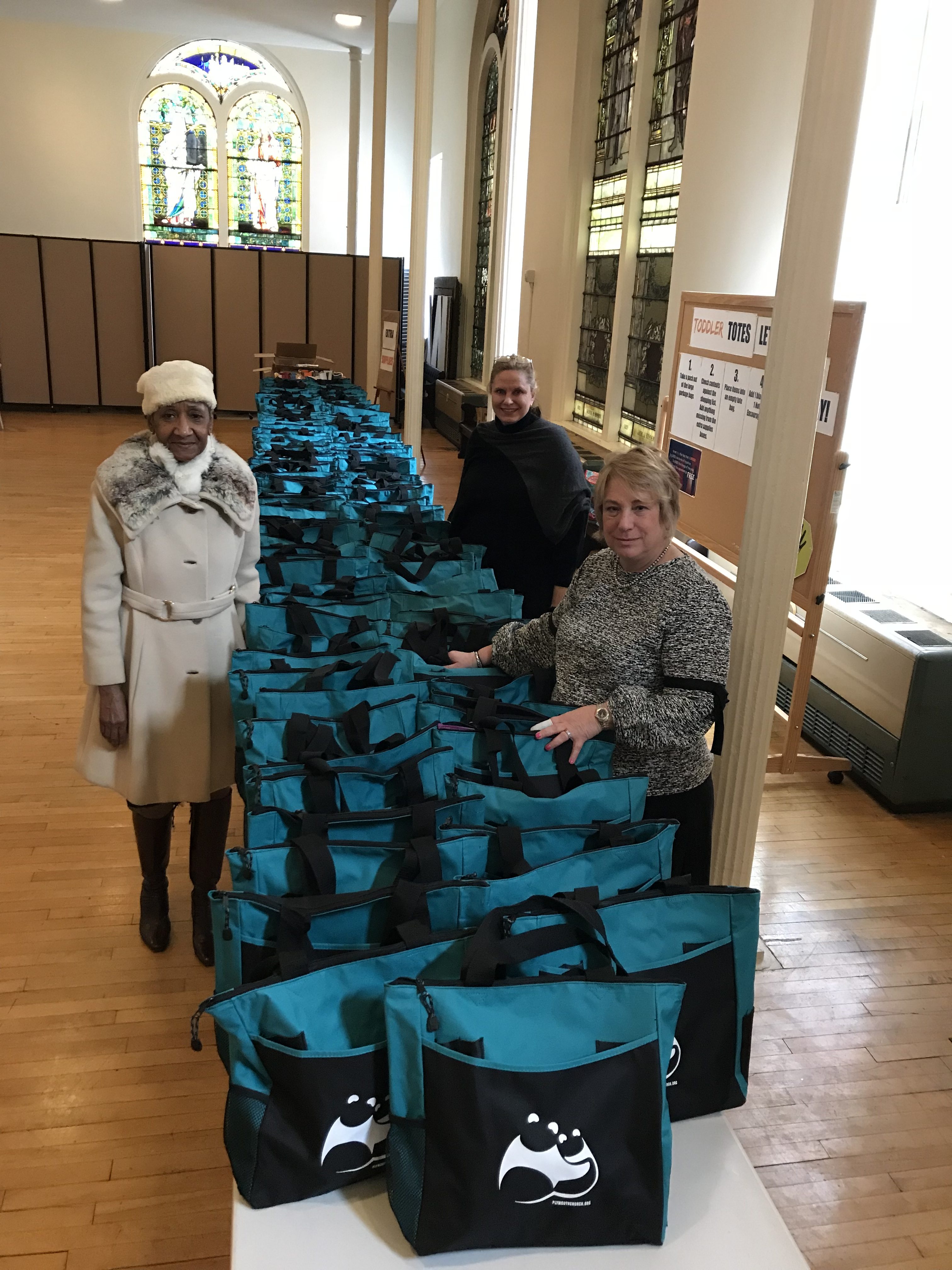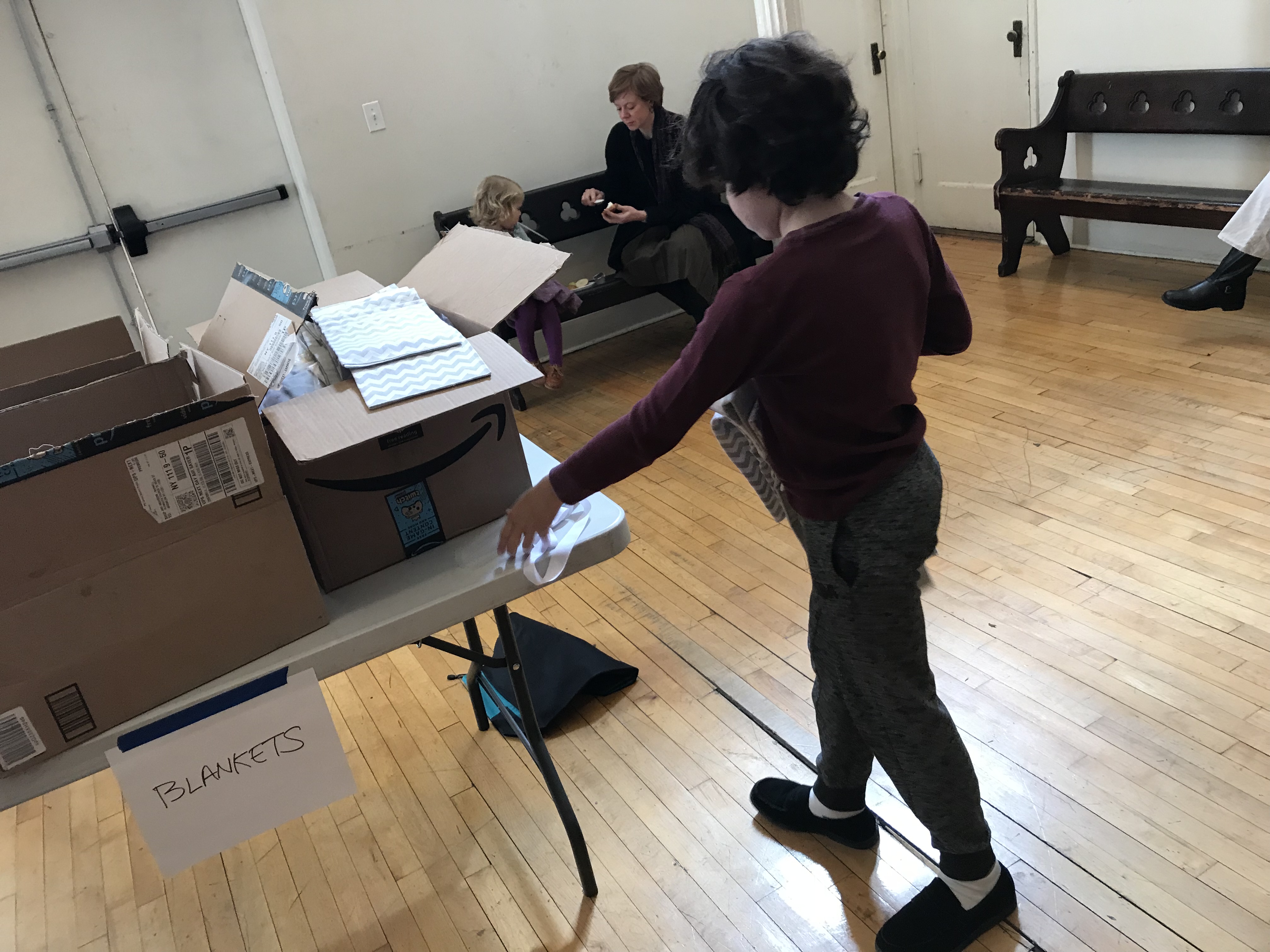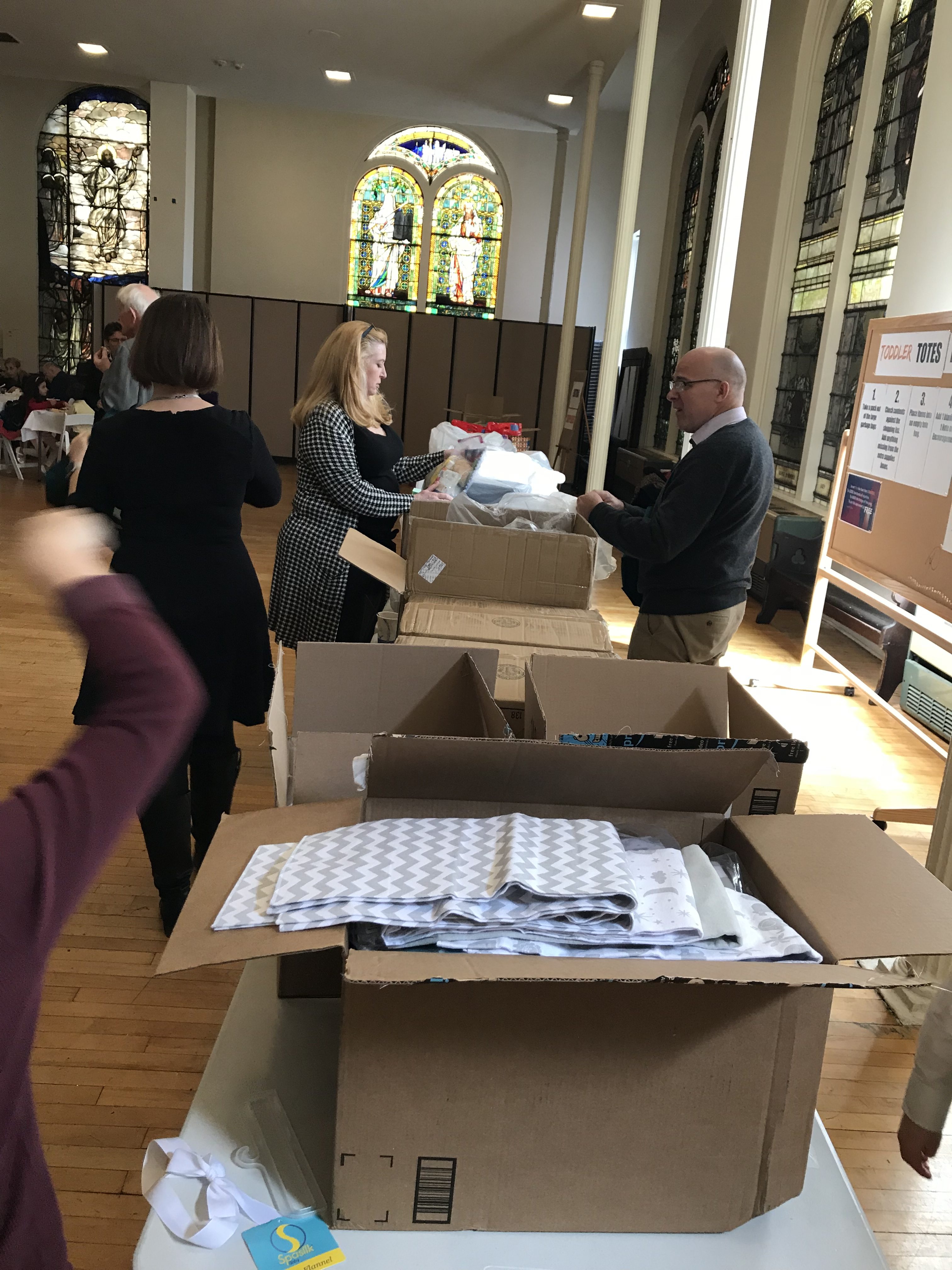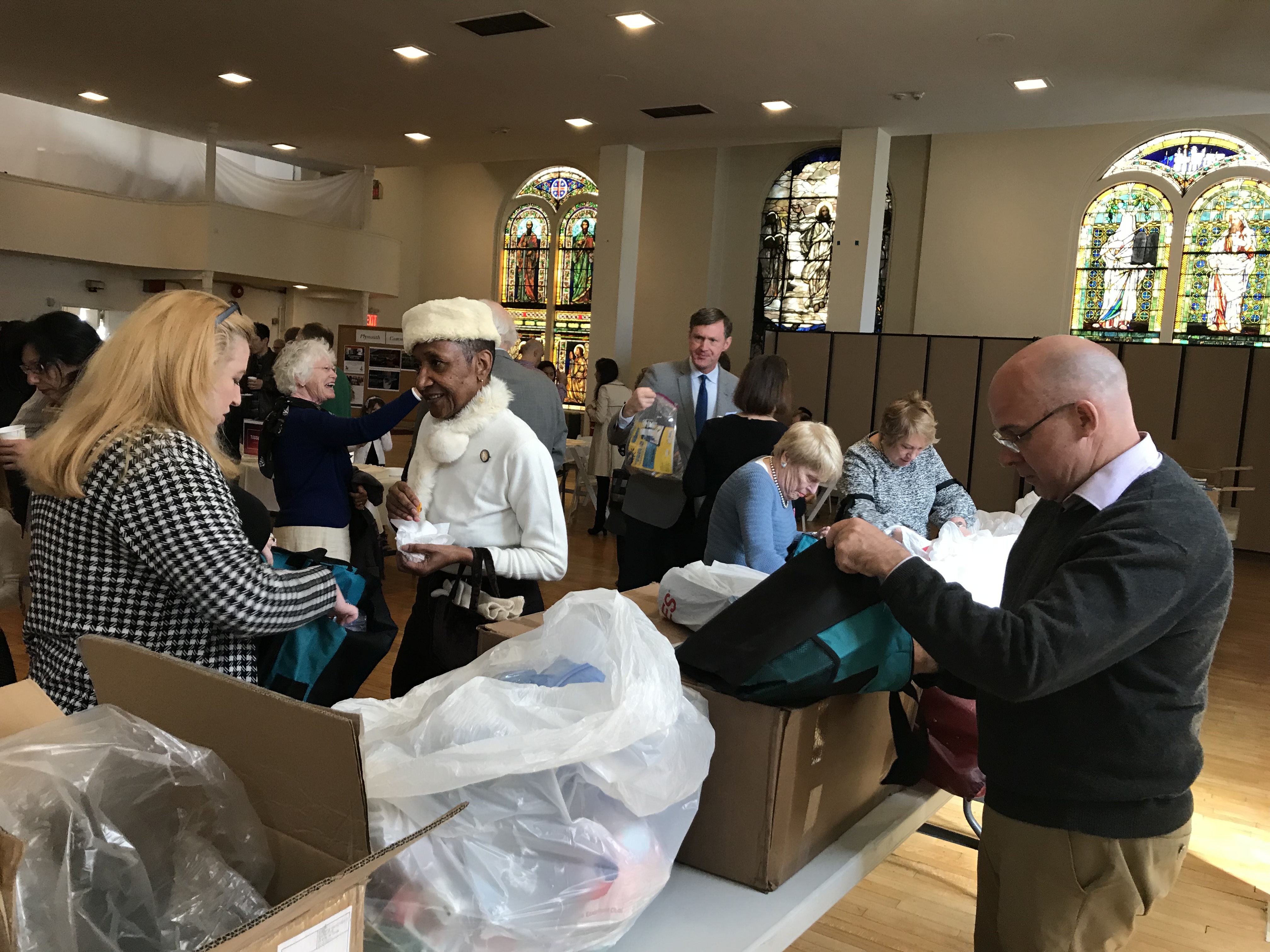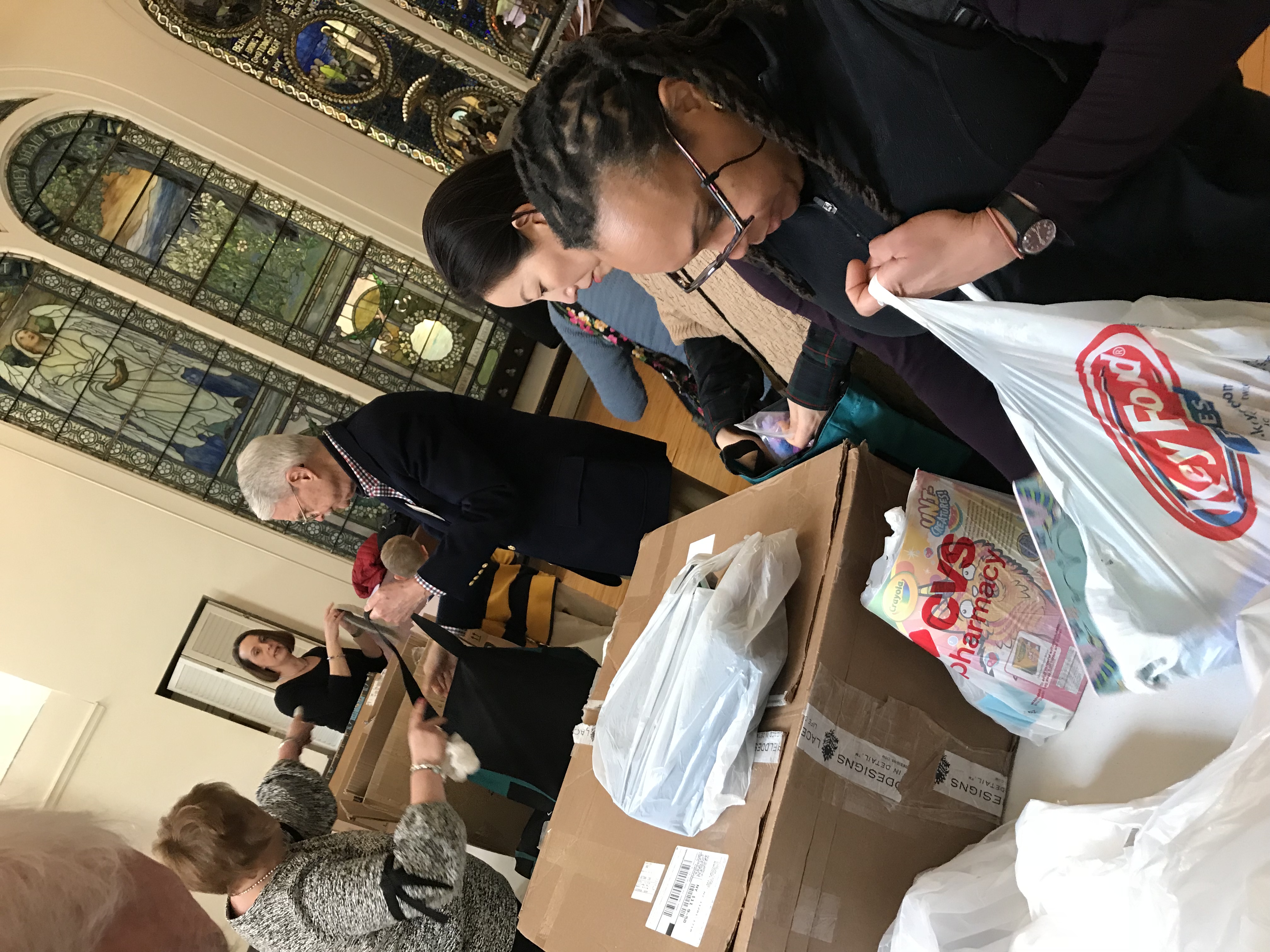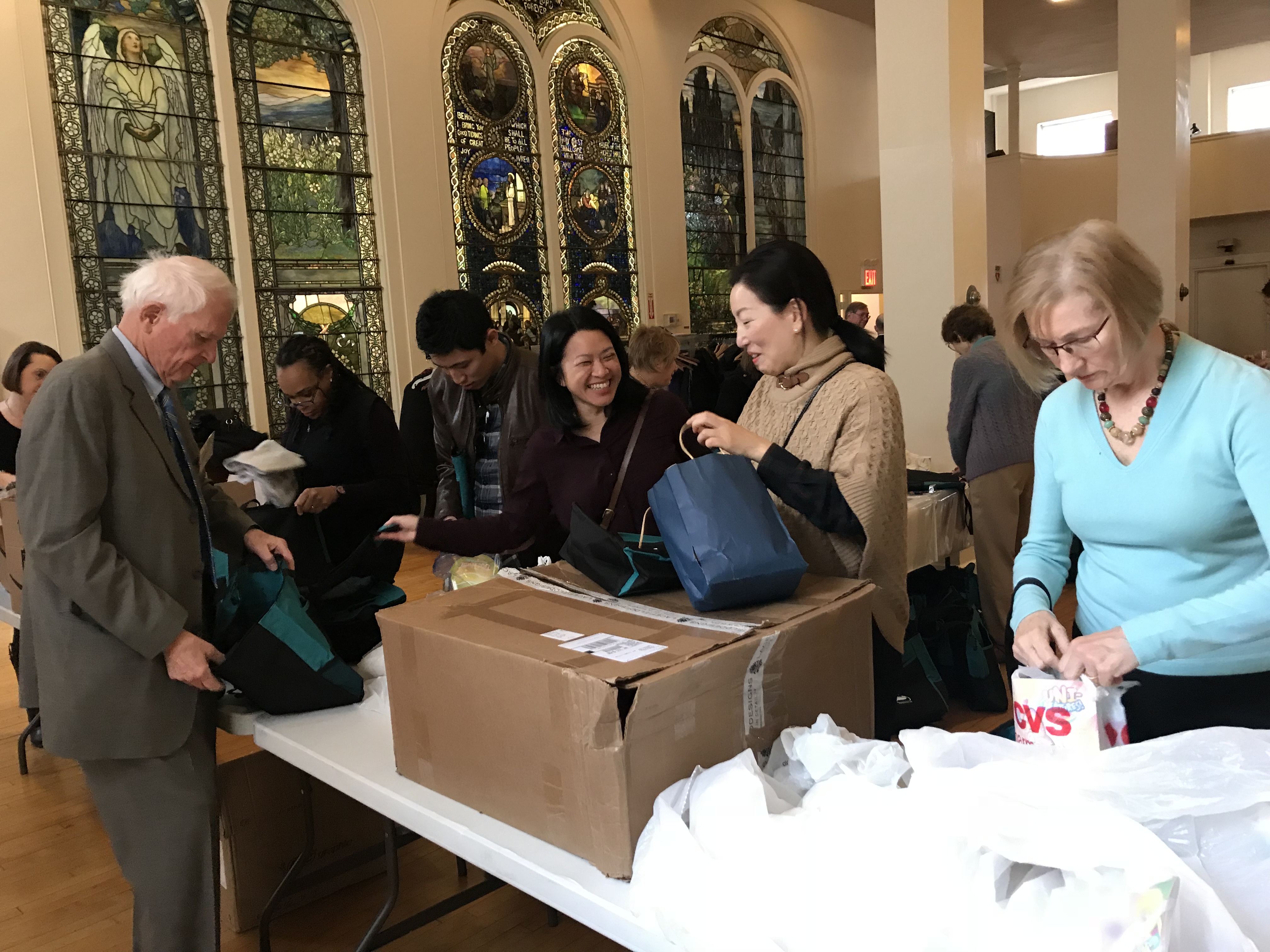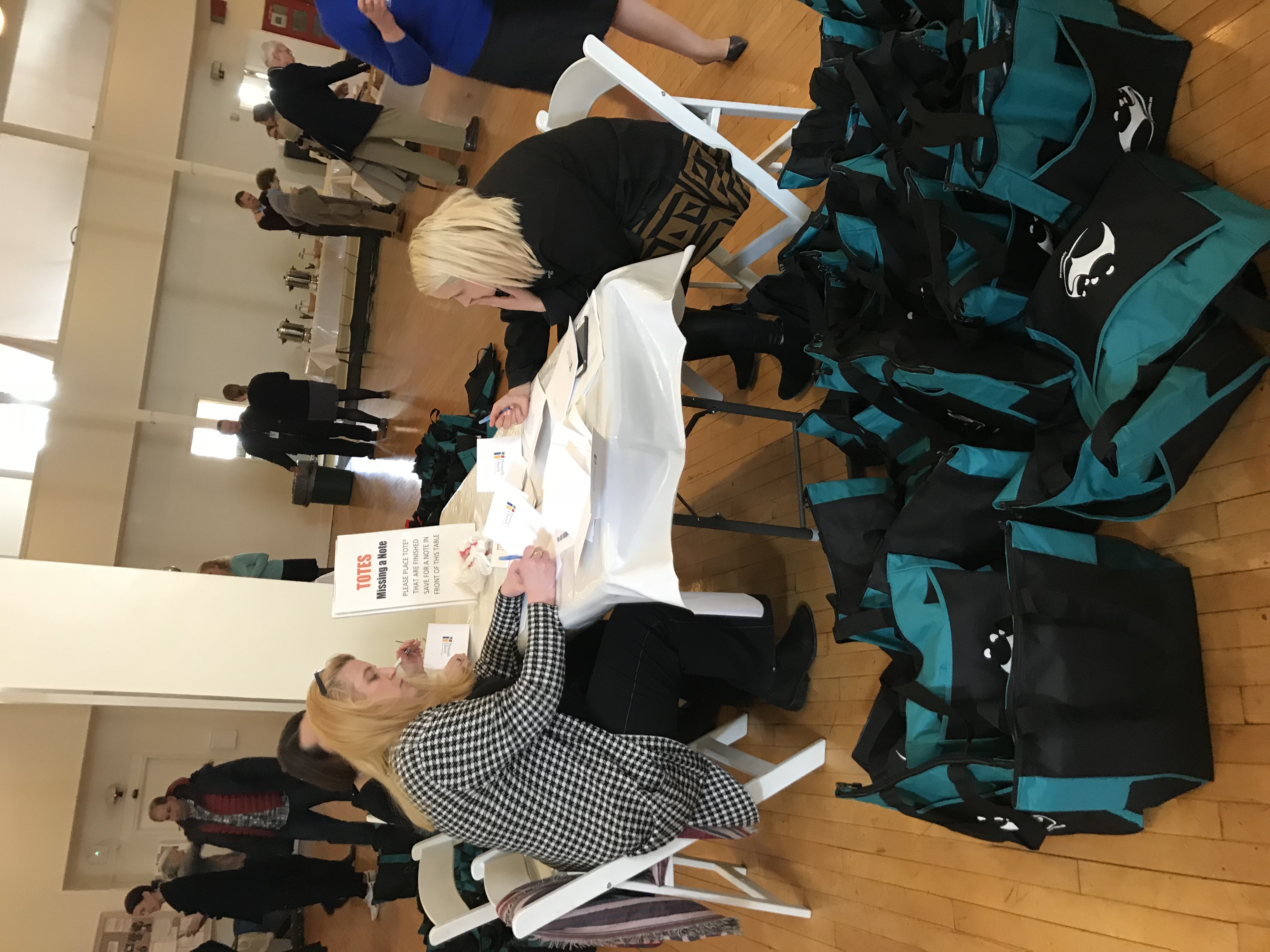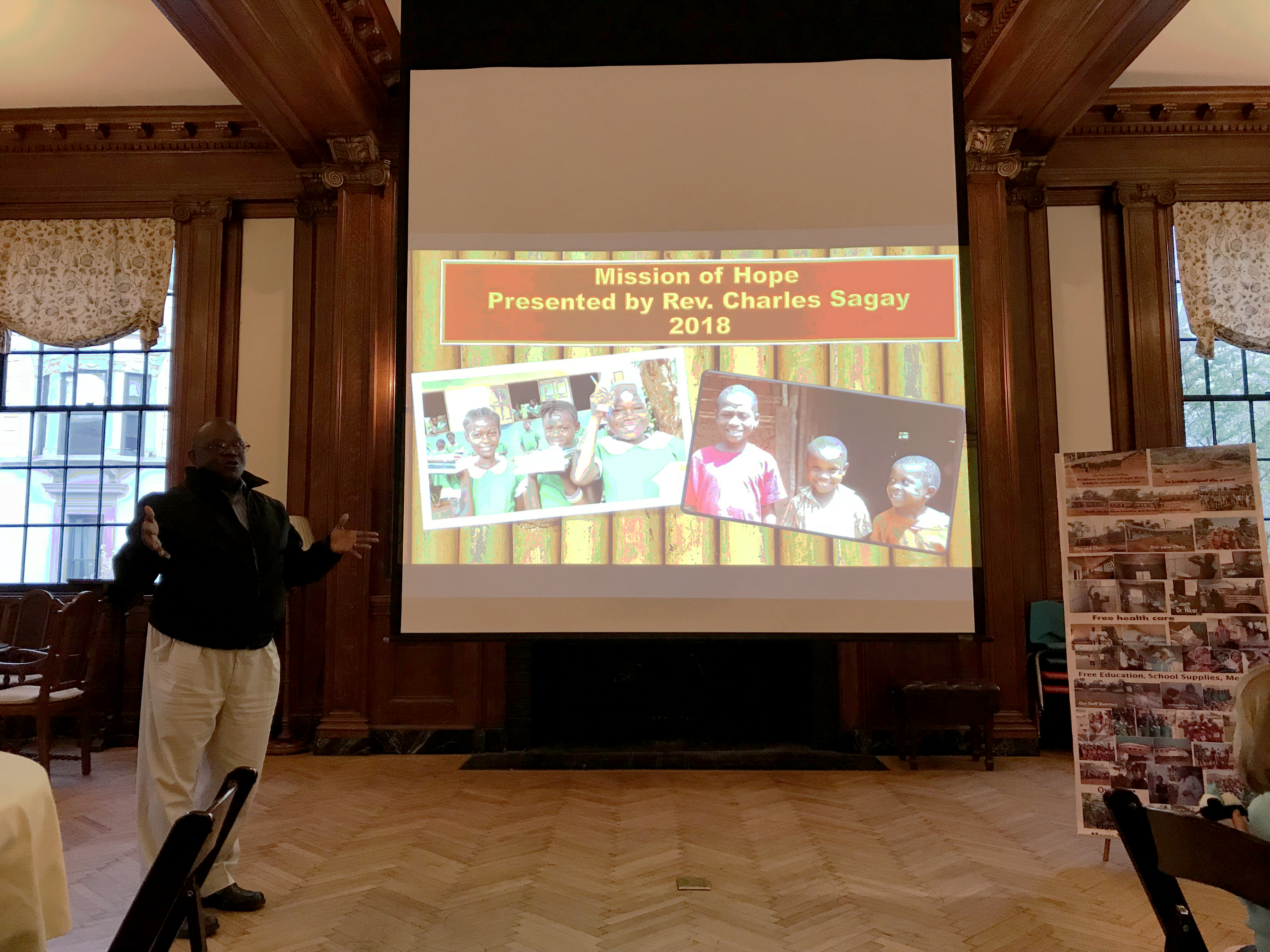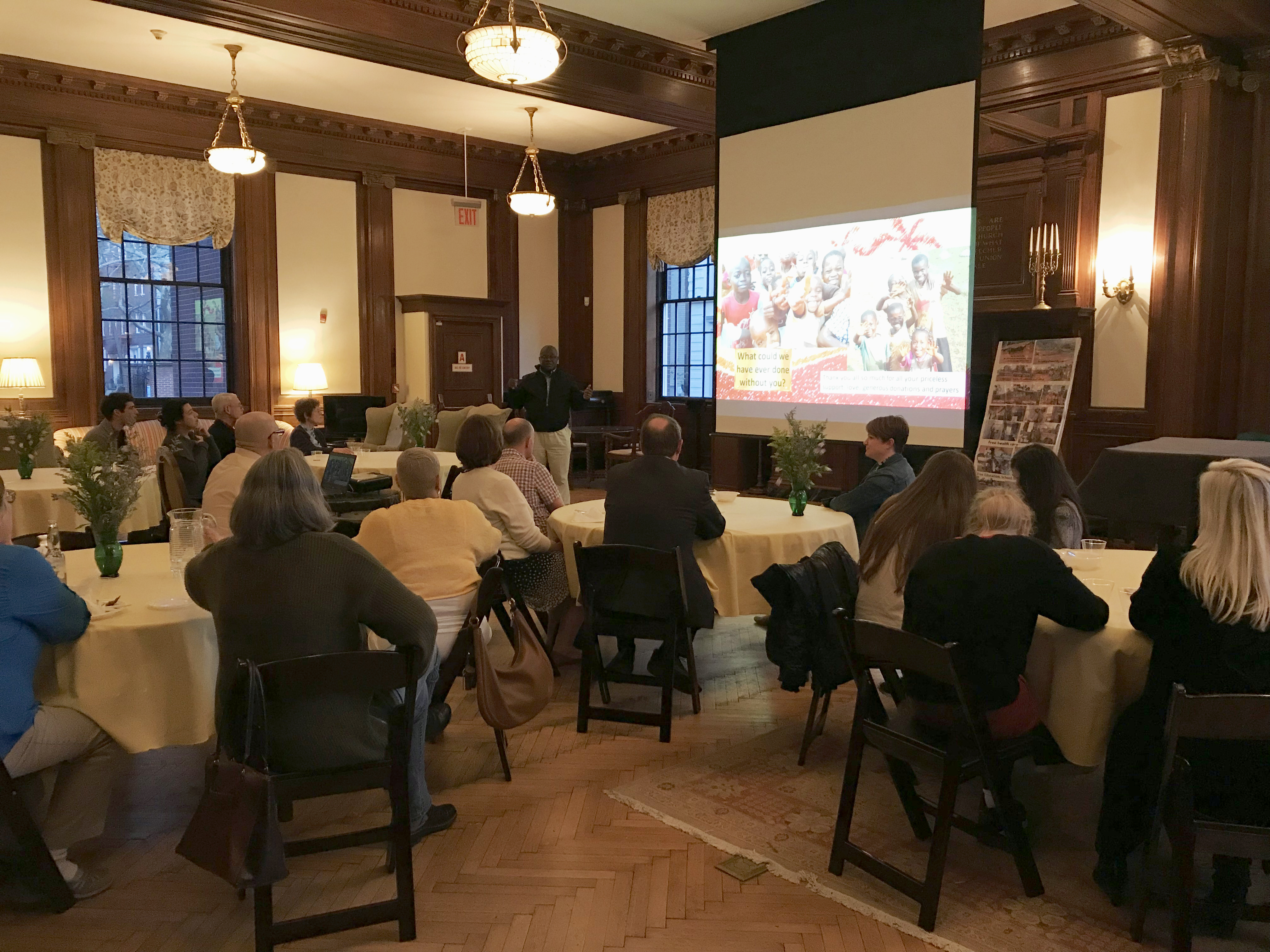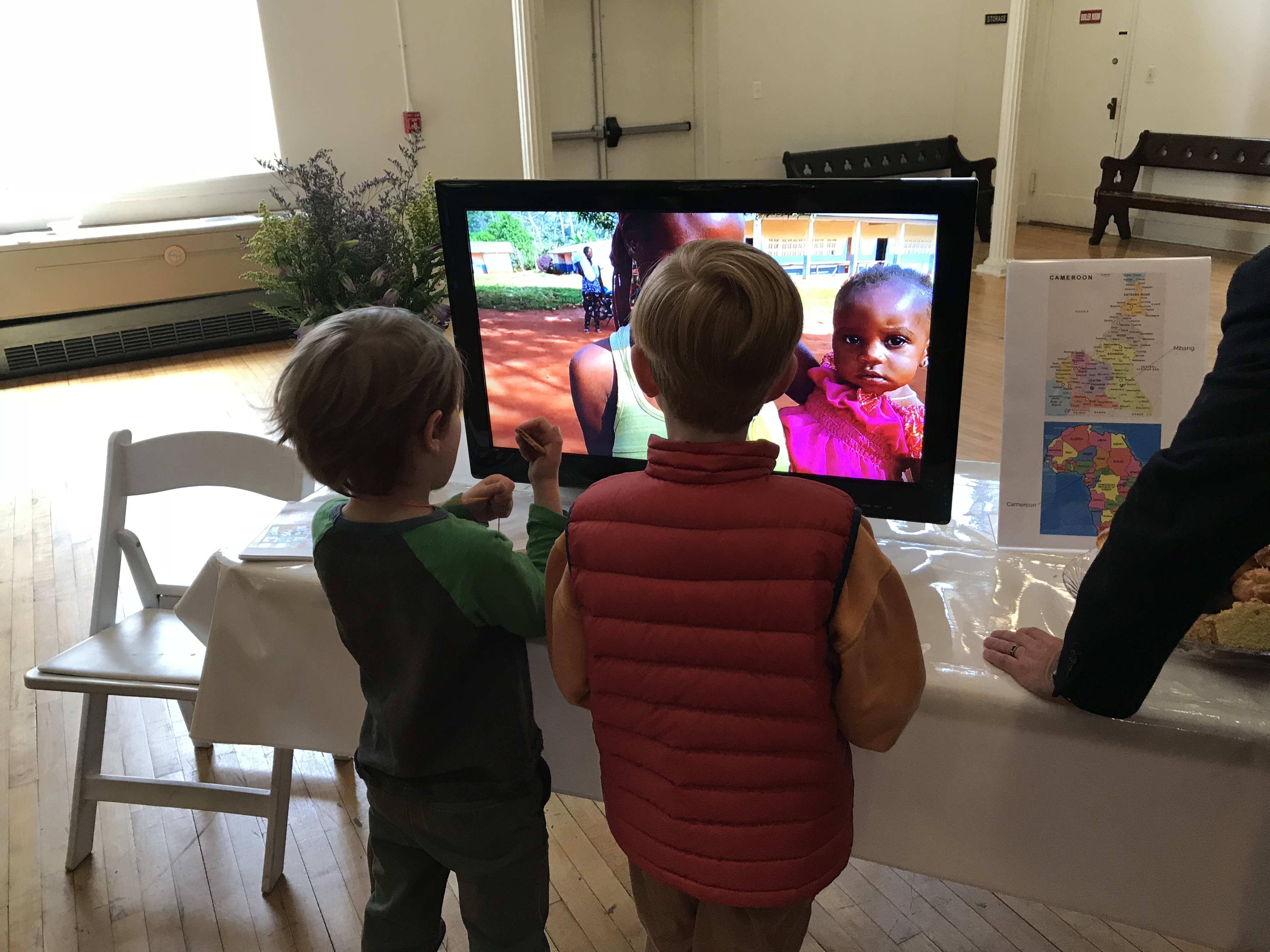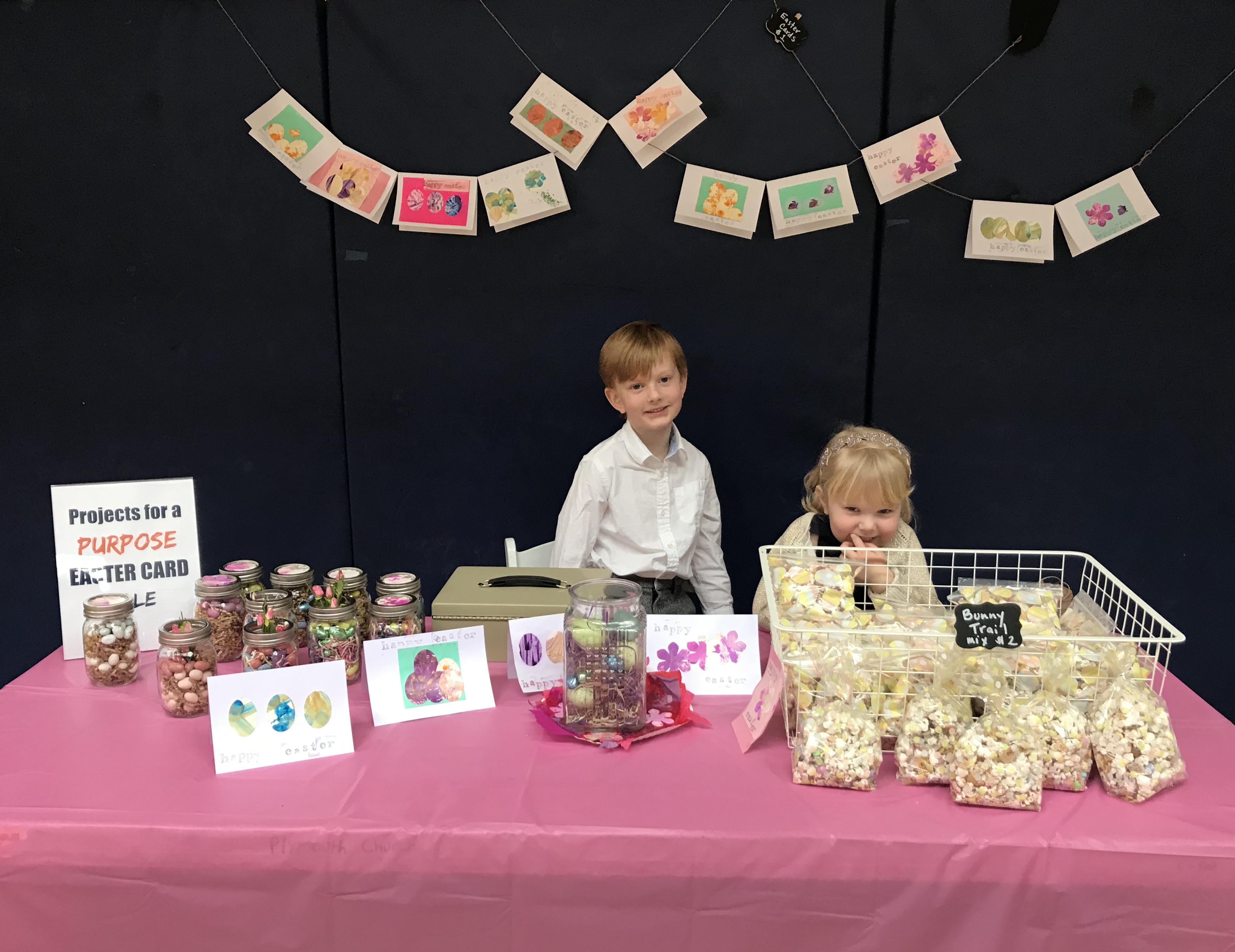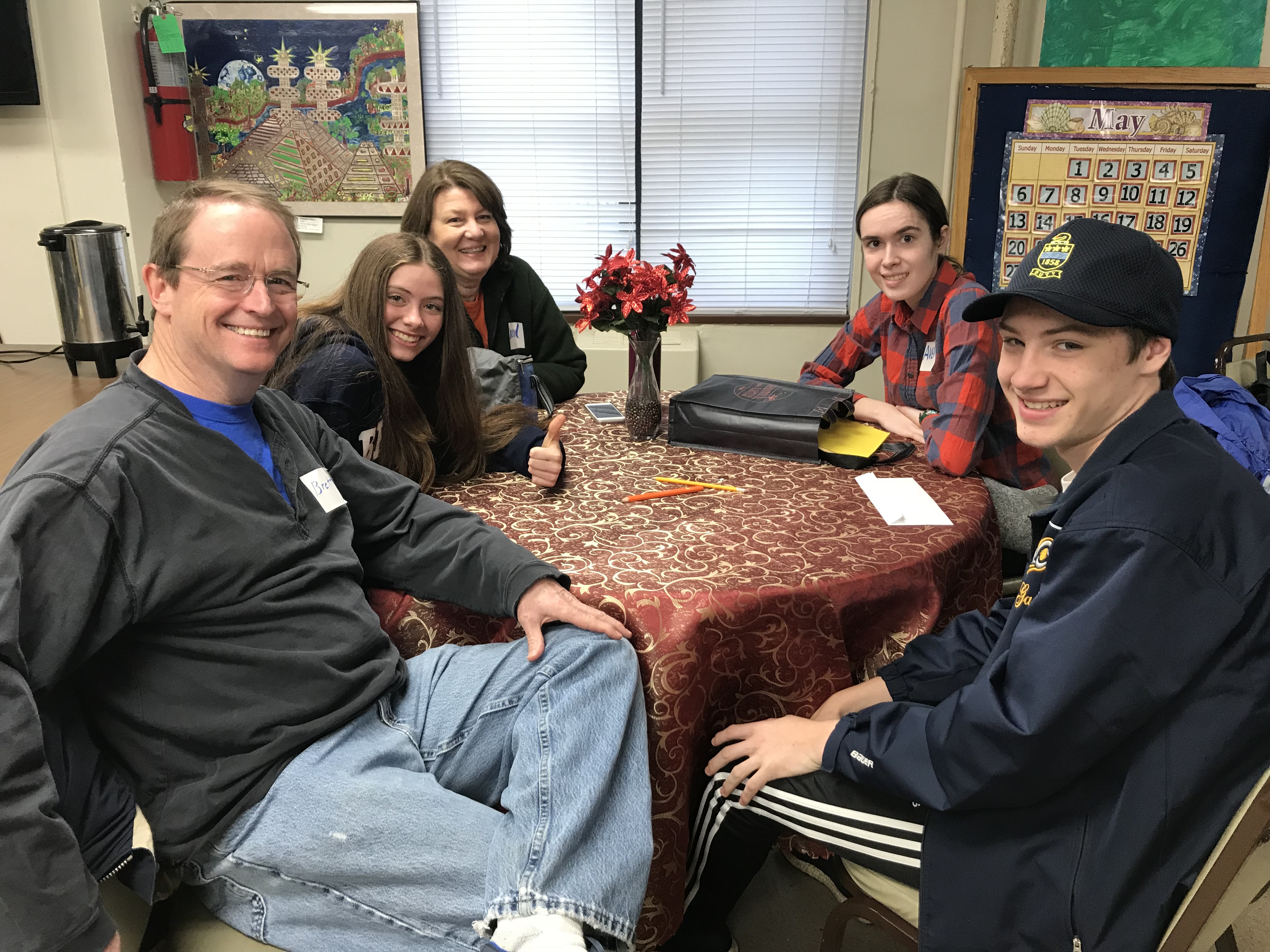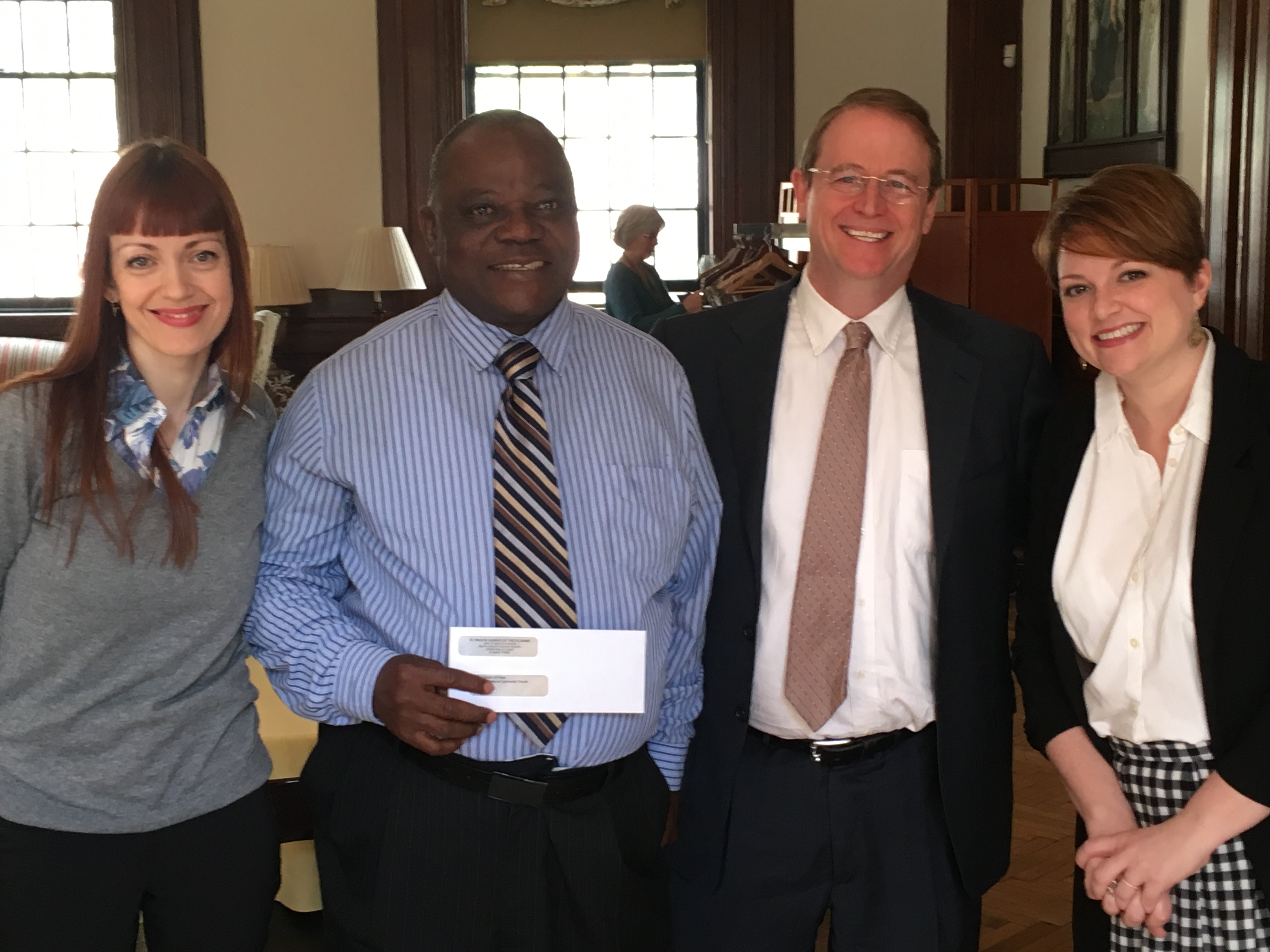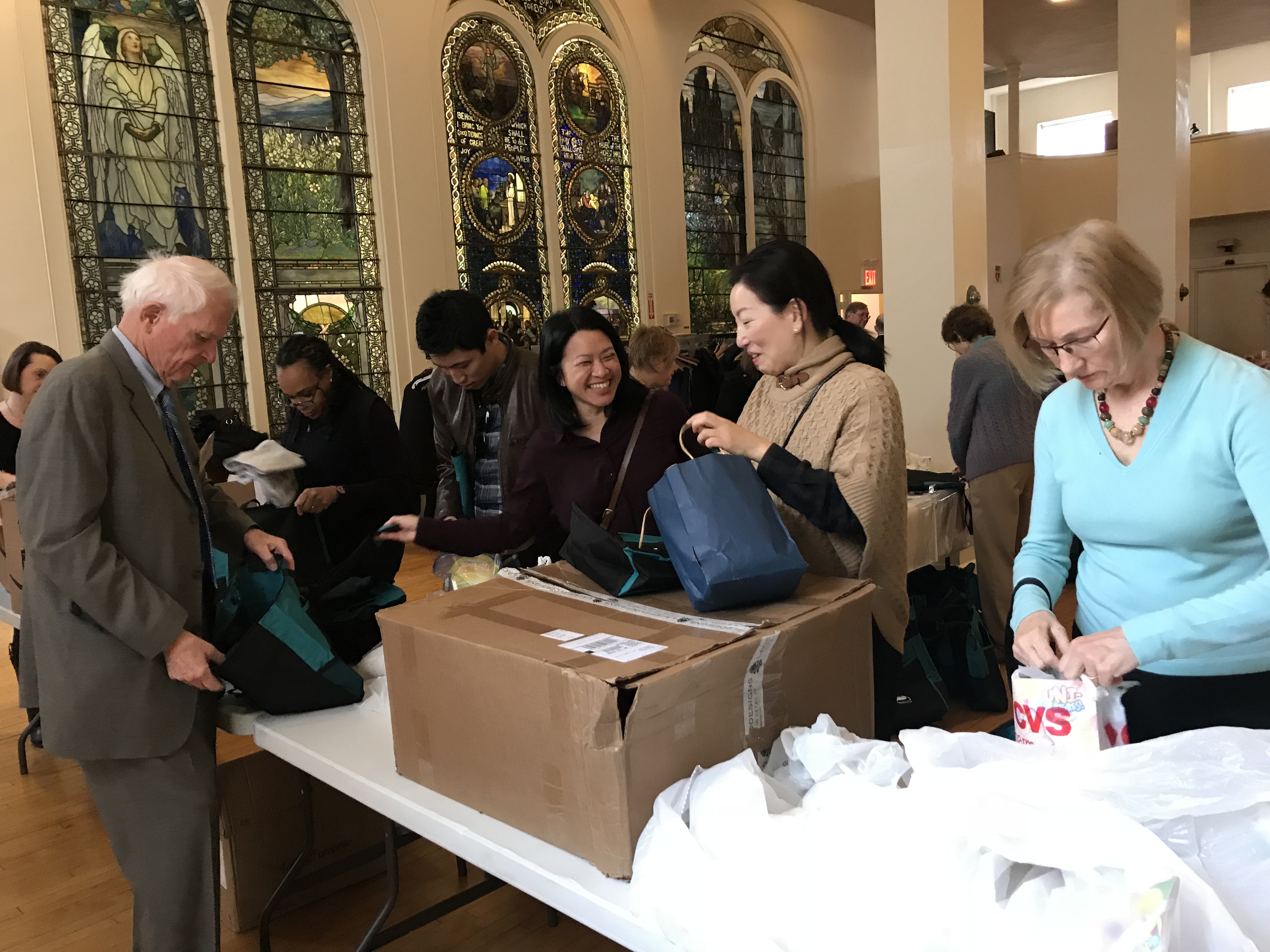The biggest concern about moving our family to Brooklyn last year was how our (then) four-year-old daughter Rosie would adjust to the change. Rosie, like most everyone, experiences bouts of anxiety when facing the unknown, and moving from Georgia to New York is an especially difficult experience for a child.
Rosie’s entire world changed when we moved to Brooklyn. She went from travelling in a car seat in an SUV to riding on the A Train while standing. She went from having a large playroom in our house, to having a small play “corner” in our apartment. She went from riding her tricycle around our cul-de-sac to riding her scooter down Henry Street. As worried parents, Chris and I constantly prayed that God would send us people in Brooklyn to love, comfort, and guide Rosie during this first year of transition. And wow, did God deliver!
Plymouth Church School has been the best school experience I have ever had, both for my daughter and for myself. From the moment Rosie stepped foot in the Red Room, she was surrounded by joy, wonder, and acceptance. Kate and Annie have given the very best of themselves to my daughter, and to all of the children in the class. By encouraging the children to explore their environment, ask questions, and discover wonder, Kate and Annie are sending off confident, responsible, and curious students into Kindergarten.
Rosie’s favorite part of Plymouth Church School was the new Enrichment Program. The program is designed with a different after-school class each day of the week, and taught by PCS staff. Not only did this program provide much-needed childcare for our family, but it exposed Rosie to a variety of experiences we could not have given her otherwise. Because of the Enrichment Program, Rosie has bonded with children from other classrooms. She knows more people walking around in the neighborhood than I do! Enrichment has also given Rosie a passion for art, dance, and nature.
My appreciation for Plymouth Church School goes beyond the classroom. As a parent, I am forever learning how to listen to and care for my child. It seems once I have this whole “parenting thing” figured out, Rosie moves into a new phase, and all the old tricks stop working. Adrienne Urbanski and Mindy Goldstein have seen me through personal parenting struggles. They have hugged me in my worries and congratulated me in my victories. I could not have survived this first year in transition without them.
When we think of the ministry of Plymouth Church, I encourage everyone to think of the amazing ministry that comes from Plymouth Church School. It is truly God’s work being done through the staff, teachers and administrators that welcome the youngest among us. Thank you, Plymouth Church School, for helping a scared, anxious girl in a new environment find a home (and for helping her daughter, too).

